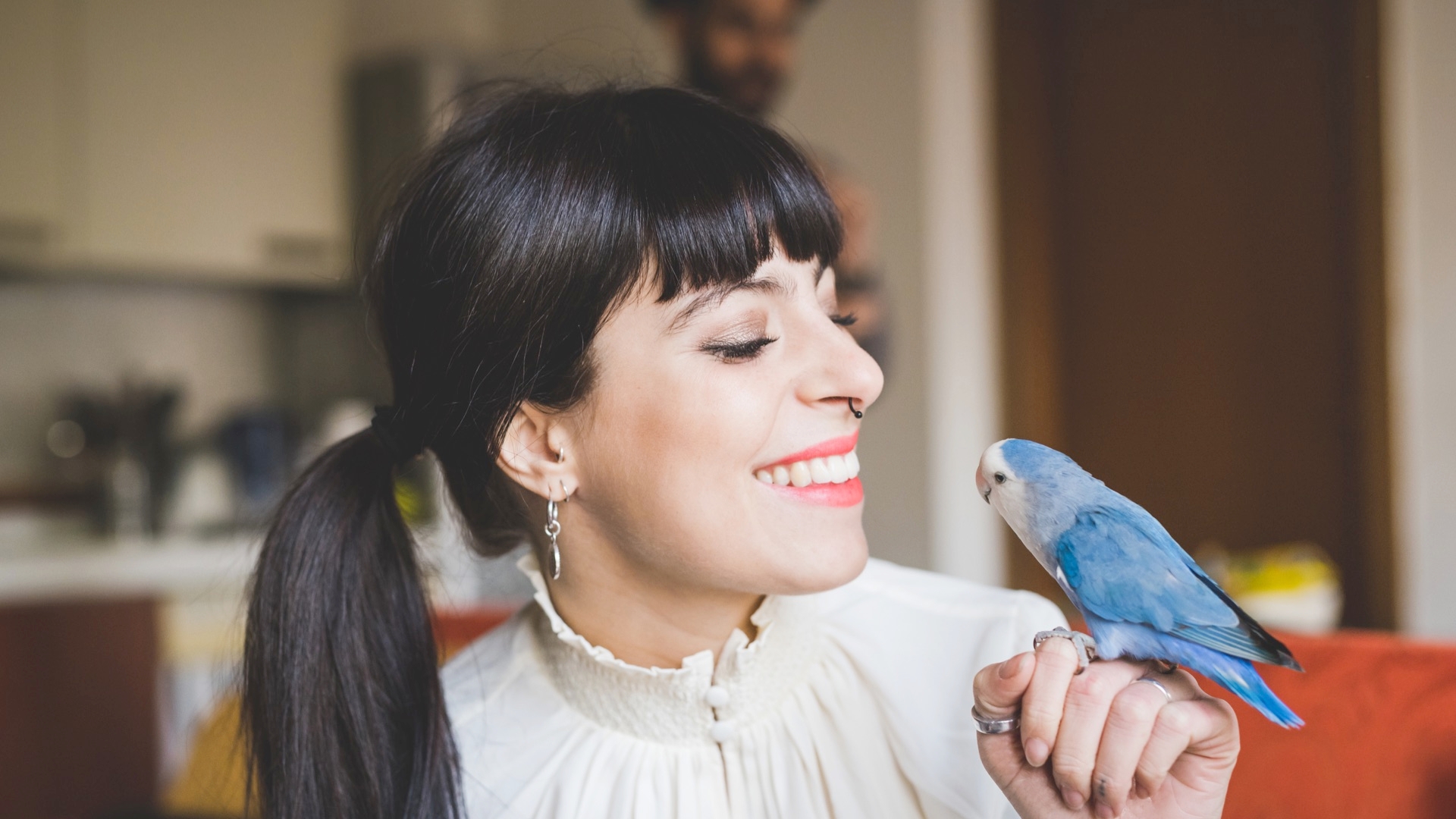How To Stay Healthy Around Birds:
Summary:
Feathered pets like parrots can be fascinating additions to the family. Recent estimates say that over 5 million households in the United States have pet birds. Bird owners should be aware that although their pets might be highly intelligent and fun companions, they can sometimes carry germs that can make people sick.
How to stay healthy around pet birds
Before buying or adopting a pet bird, make sure a bird is the right type of pet for your family. Know that many pet birds have a very long life span. Some parrots can live for 20 years or longer. Birds require special care and can sometimes carry germs that can make people sick. Because of this, certain types of birds might not be suitable for young children or people with weakened immune systems living in the household.
Wash your hands
- Wash your hands thoroughly with soap and water
- After handling birds, their toys, food and water dishes, or other equipment
- After cleaning bird cages, habitats, or perches
- Before you eat, drink, or smoke
- Adults should supervise hand washing for young children.
- Use hand sanitizer if soap and water are not readily available. Be sure to have hand sanitizer readily available near the bird's enclosure to encourage guests and children to use hand sanitizer after handling birds.
Safely clean your pet bird's cages and equipment
- When cleaning cages, do not pick up droppings with your bare hands. Always wash your hands thoroughly right after cleaning up or handling your bird.
- Don't clean any equipment or materials in the kitchen sink. This includes cages and food and water containers. Bacteria and other germs can cross-contaminate your food preparation areas.
- Wash your hands right after handling your bird or any of its supplies.
Prevent bird bites and scratches
Pet birds do not have teeth, but their beaks can still cause a lot of damage if they bite or attempt to bite you. Birds can also have very sharp nails and talons. Germs can spread from bird bites and scratches, even when the wound does not seem deep or serious. Always closely supervise children around birds. If a bird scratches or bites you, you should:
- Wash the wounds with soap and water immediately.
- Seek medical attention if:
- The bird appears sick,
- The wound is serious (uncontrolled bleeding, loss of function, extreme pain, muscle or bone exposure) or you think you need stitches,
- The wound becomes red, painful, warm, or swollen, or
- It has been more than 5 years since you got your last tetanus shot.
If you seek medical attention, make sure to tell your doctor a bird bit or scratched you.

